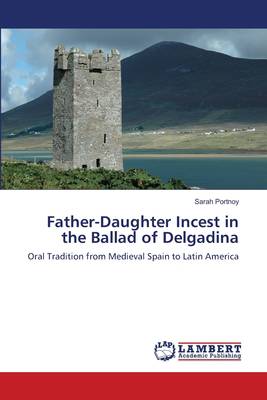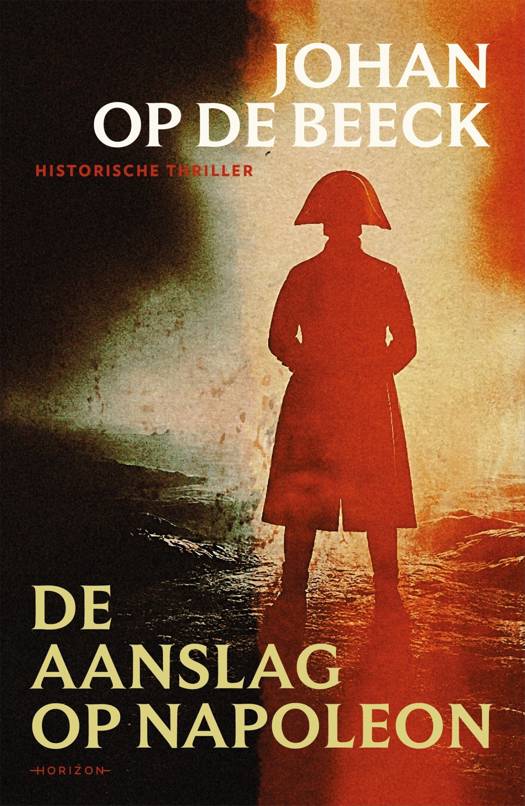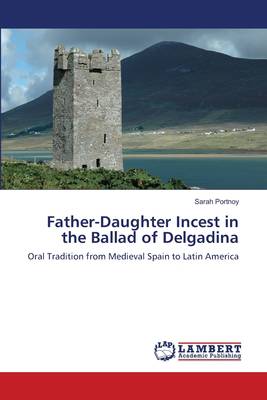
- Afhalen na 1 uur in een winkel met voorraad
- Gratis thuislevering in België vanaf € 30
- Ruim aanbod met 7 miljoen producten
- Afhalen na 1 uur in een winkel met voorraad
- Gratis thuislevering in België vanaf € 30
- Ruim aanbod met 7 miljoen producten
Zoeken
Father-Daughter Incest in the Ballad of Delgadina
Oral Tradition from Medieval Spain to Latin America
Sarah Portnoy
Paperback | Engels
€ 77,95
+ 155 punten
Omschrijving
My approach to the Romancero, the Pan-Hispanic ballad tradition, crosses the boundary between medieval Iberia and modern Latin America and bridges the gap between national, chronological, and geographic divisions. The reasons for the Romancero s continued existence become readily apparent when it is examined in relation to the individuals who have preserved and molded its very character. In this way, we can better see the vital role that individual singers--particularly women--have played in the continuity of the tradition. As oral texts, many of the romances celebrate the power of female speech to subvert and transgress, while the singers themselves s typically continue to conform to these cultural paradigms. My study focuses on Delgadina, a father-daughter incest ballad of medieval origin that still survives in the Spanish and Portuguese-speaking worlds. Through fieldwork, I trace Delgadina's journey from late medieval Spain to Cuba and Mexico. In Cuba, Delgadina transformed into a children's song, while in Mexico it became a well-known corrido. Finally, I examine the evolution of women's roles by looking at 20th century narcocorridos, drug smuggling ballads.
Specificaties
Betrokkenen
- Auteur(s):
- Uitgeverij:
Inhoud
- Aantal bladzijden:
- 244
- Taal:
- Engels
Eigenschappen
- Productcode (EAN):
- 9783659116421
- Verschijningsdatum:
- 15/06/2012
- Uitvoering:
- Paperback
- Afmetingen:
- 150 mm x 220 mm
- Gewicht:
- 340 g

Alleen bij Standaard Boekhandel
+ 155 punten op je klantenkaart van Standaard Boekhandel
Beoordelingen
We publiceren alleen reviews die voldoen aan de voorwaarden voor reviews. Bekijk onze voorwaarden voor reviews.











